Wellesley CS Colloquium Series
Spring 2019
Due to schedule changes, this semester talks will be held at 4.20 pm on Tuesdaysand 12.45 pm on Wednesdays.| Date/Location | Speaker | |
|---|---|---|
| Tues Feb 26, 4:20 pm TBD |
Andrew Chien, University of Chicago Zero-Carbon Computing abstract and bio
Abstract |
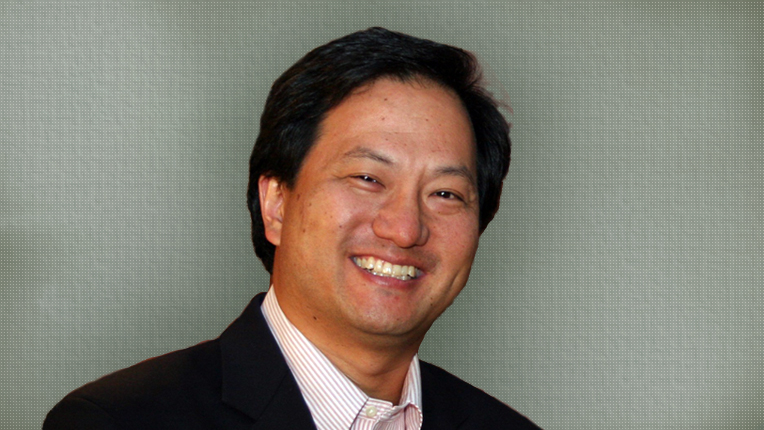
|
| Tues April 10, 4:20 pm TBD |
Mary Allen Wilkes Women and the LINC to Modern Computer Technology abstract and bio
Abstract |
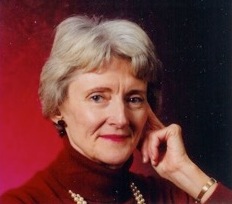
|
Fall 2018
Talks tend to be at 12:30 pm unless otherwise specifed, and include lunch.| Date/Location | Speaker | |
|---|---|---|
| Fri Nov 16, 12:30 pm S278 |
Mary Beth Kery,Carnegie Mellon University HCI Research in Software Engineering & Design abstract and bio
Abstract |
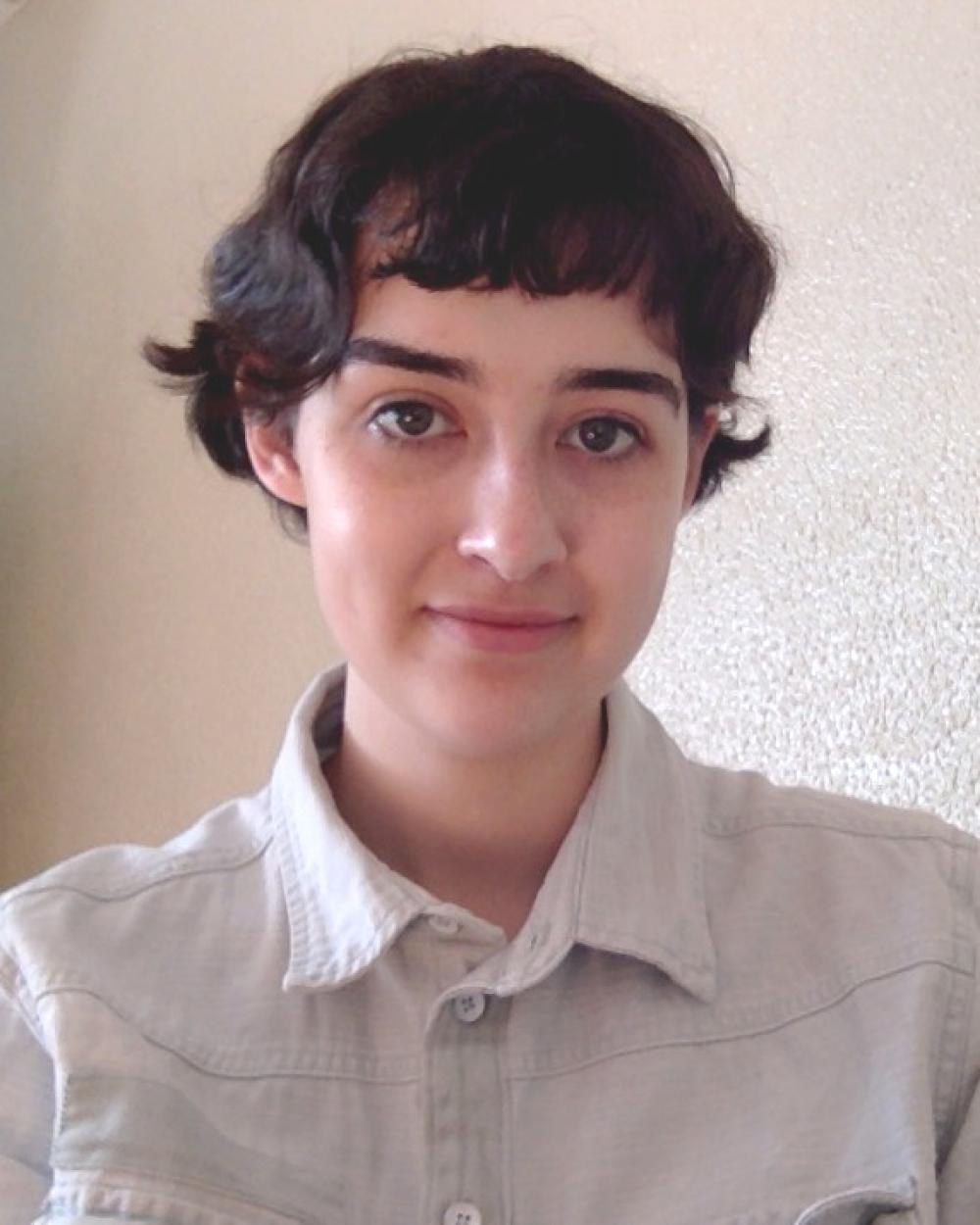
|
| Wed Oct 31, 12:30 pm S396 |
Andrea Danyluk, Williams College Machine Learning in the Natural Sciences, Social Sciences, and Arts abstract and bio
Abstract |

|
| Fri Oct 12, 12:30 pm S396 |
Matthew Merzbacher,
Smiths Detection A Computer Scientist’s Guide to Aviation Security abstract and bio
Abstract |
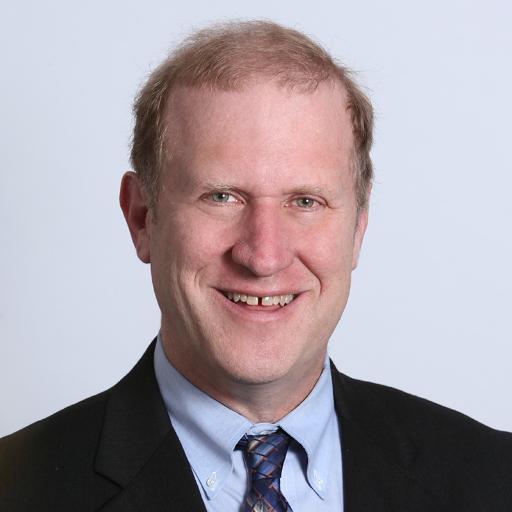
|
| Wed Oct 3, 12:30 pm SCI 278 |
Suresh Venkatasubramanian, University of Utah The Computational and Ethical Ramifications of Automated Decision-making in Society abstract and bio
Abstract |
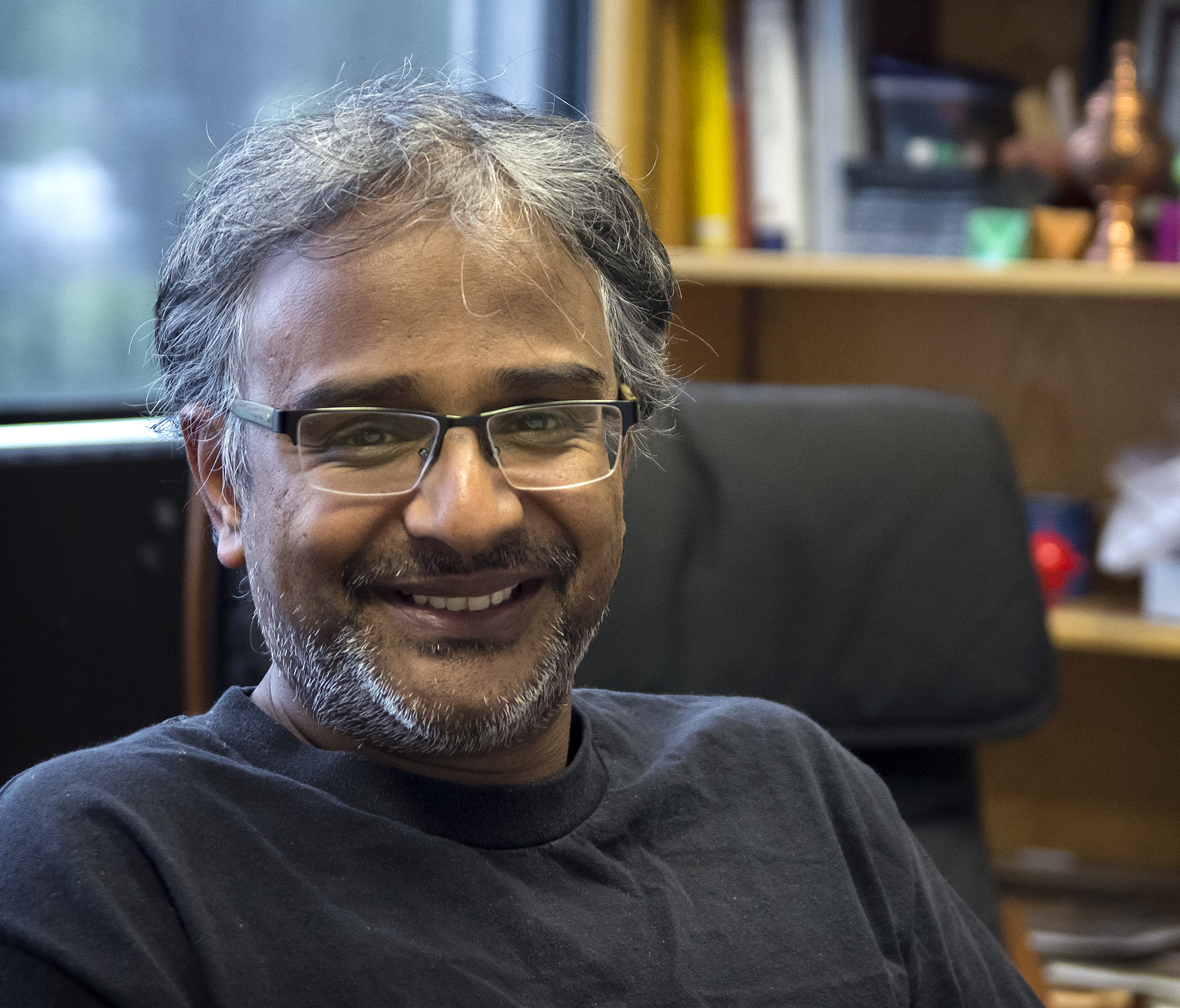
|